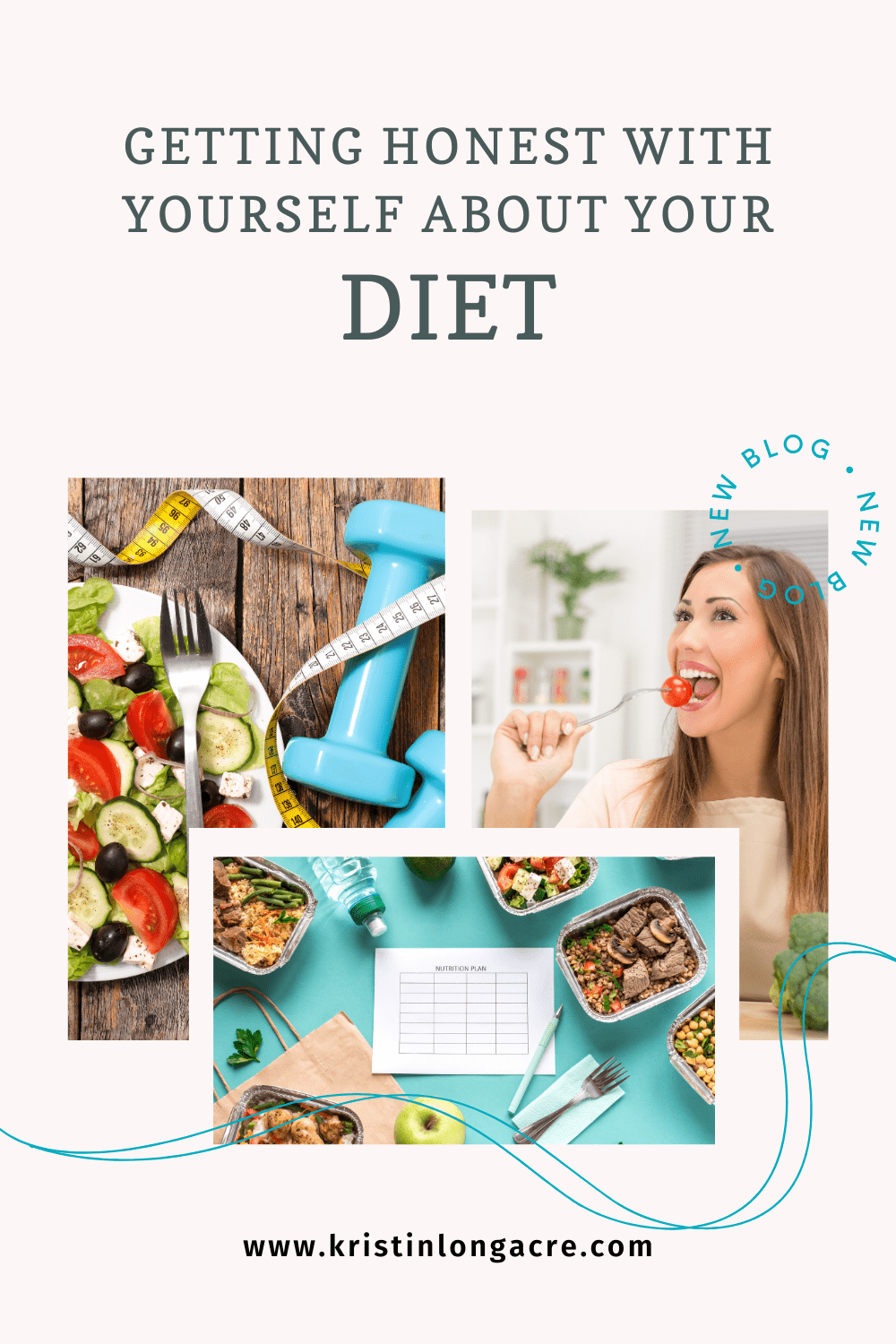April 4, 2023
This week we are continuing our series of 10 reasons your diet isn’t working. This week we will answer the question, “are you eating enough protein?”
I could give you a long definition of what proteins are and what they do, but in simple forms, protein is one of our three macro nutrients and it is required to support the function and regulation of our body’s tissue and organs.
Our body requires protein during periods of growth and development. While we may not be children, we still need proteins as we evolve over the years.
So how does protein affect your diet? If you are looking to lose weight, your body is going through change… in turn it needs protein to support it through this season.
Not to mention, when we eat protein, it will help keep our body full for longer and we will be less likely to snack. That’s just an added benefit though.
How do you know how much protein to eat?
This is going to vary by person and by season. I can give you a number or a formula that might change for you. About 25%-35% of your daily food intake should be coming from protein. The very basic rule of thumb to figure out your protein levels is this formula (BODYWEIGHT / 2.2) * 0.8.
However, most likely, you will need more than the basic amount, especially if you are looking for your body to change.
Macro calculators can be helpful and give you a little bit more of a guide but keep in mind they are only a guide. You will need to figure out the right balance for you and your body.
Play around with it. Start with a number and see how you feel. Questions to ask yourself:
- Am I full after meals?
- Do I feel TOO Full after meals?
- Are things still moving regularly?
- Do I still have room for fruits and vegetables?
- How are my energy levels?
These are things to consider as you start to make changes to your diet.
How do you increase protein?
For starters, you need to know where you are at with the foods you are eating. For example, if you are only eating around 50 grams of protein a day, increasing in one day to 125g of protein is going to feel like a HUGE jump.
Start by just keeping track of your protein (ONLY your protein) for a week or two.
Once you know where you are at, chances are you will need to increase. The standard American diet is not built these days to be high in protein, it is built on carbs. Back in the 1950s, 1960s and 1970s protein was a much heavier piece of the diet because there was less processed food option.
As you increase, slowly add higher protein sources into your diet. This may mean making some swaps, it may be changing up your diet even more.
For example, if you are someone who is eats a lot of rice or is often including rice in meals, making a simple swap like quinoa can bump your protein up a bit. 1 cup of quinoa has 8.1 g of protein where as 1 cup of brown rice has 5g of protein. Little things like that will add up over time.
Do not use it as a chance to STOP eating vegetables. Guess what, your vegetables have protein in them too.
What Foods Are High In Protein?
While you do NOT need to eat meat to get protein (a very common belief), meat and fish are going to be some of your best sources of protein.
- Meat
- Poultry
- Fish
- Other Seafood
- Dairy
- Lentils
- Edamame
- Tofu
- Tempeh
- Soy Milk
- Nuts
- Seeds
- Nut Butters
- Seed Butters
- Quinoa
- Oats
- Brown Rice
- Vegetables
Protein is a huge piece of our diet, and chances are you are not getting enough. As you are working towards making healthier changes, take some time to look at your protein, where can you start making adjustments?






